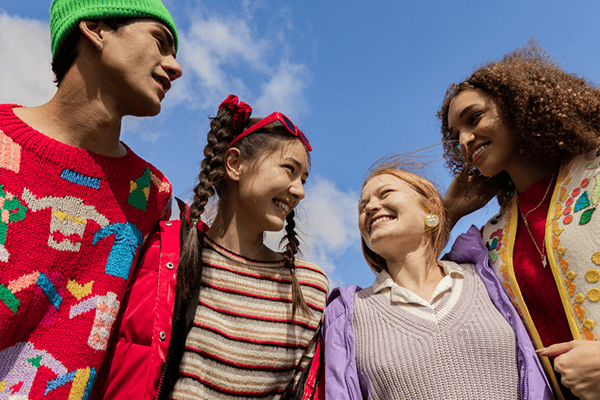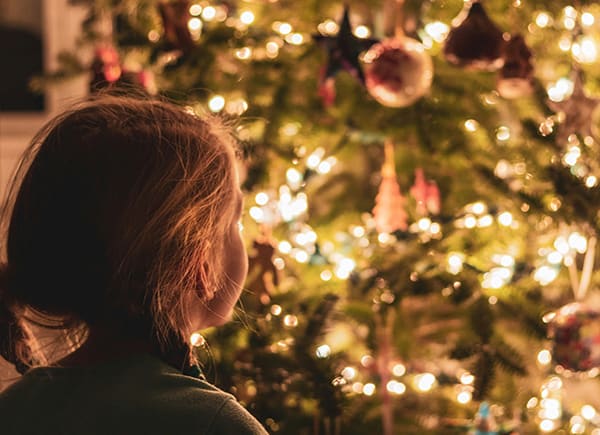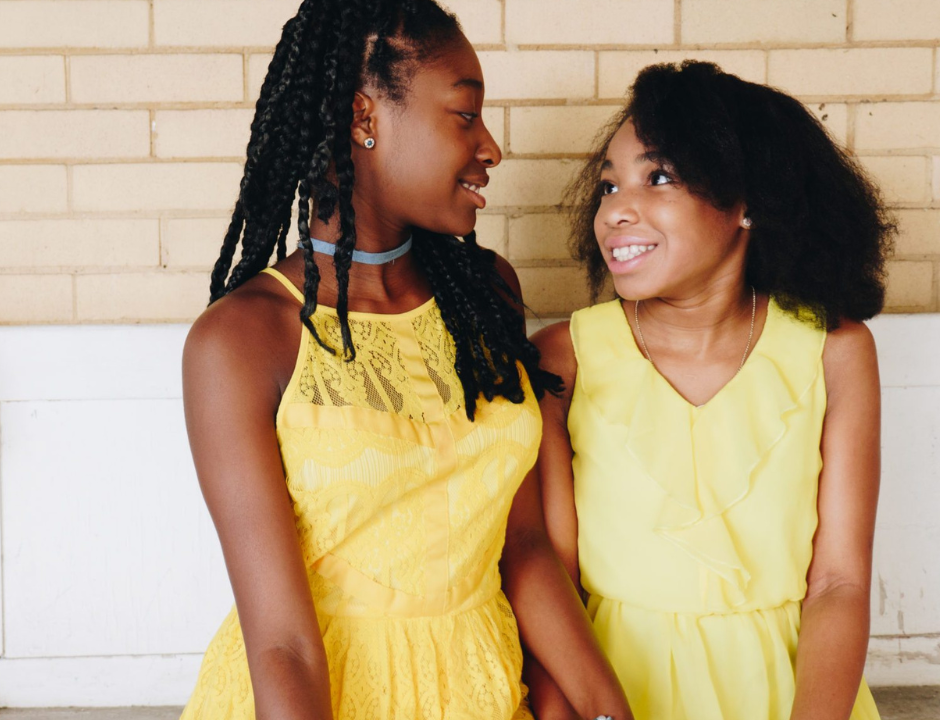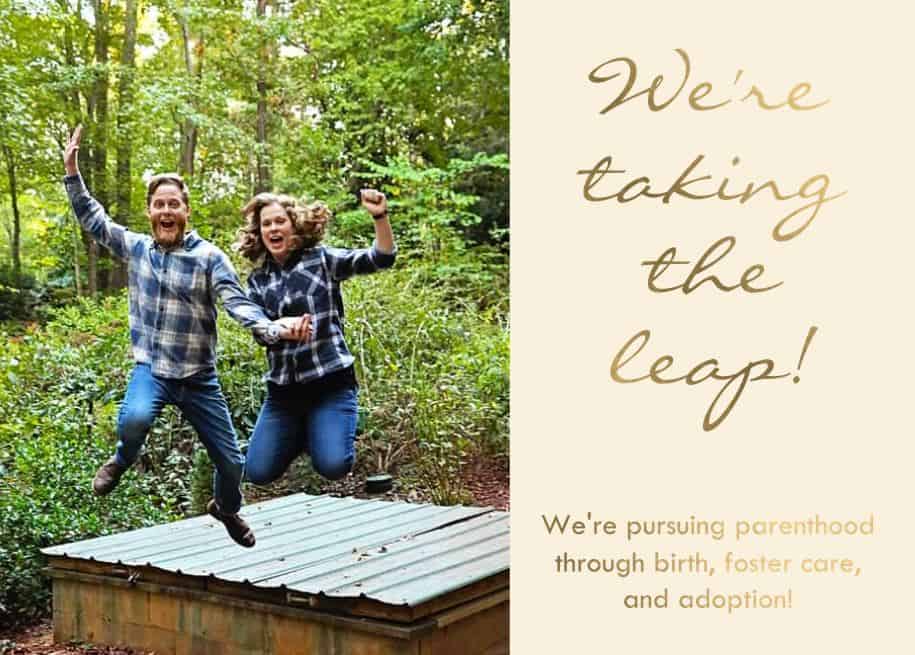
It started when our friends got pregnant. We knew it would. Baby fever hit our friend group like a ton of bricks! Everyone was talking about whether and when they might have kids, and we were no different.
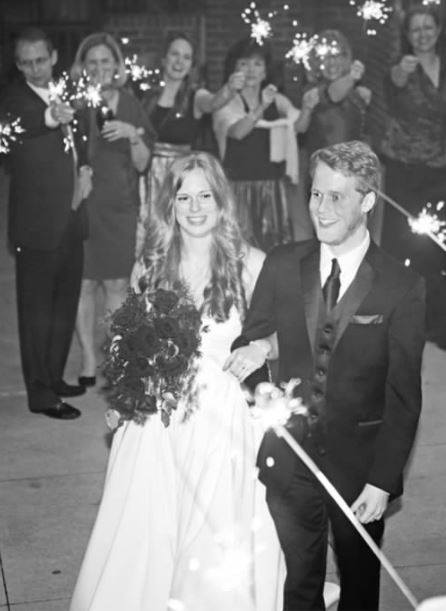
Our first thoughts were towards parenthood by birth. I loved the idea of having a miniature version of my husband in the house, and I thought it was tender that he wanted the same for me. We eagerly made plans and preparations to start our family. We started volunteering in our church’s nursery and youth groups, offering our babysitting services, reading books like The Strong-Willed Child, and listening to podcasts on pregnancy and parenthood.
Still, there was an unanswered question growing underneath the surface. We identify as Christians, and one of our fundamental beliefs is that God is our Father. We saw everyone as children of God, and we felt especially close to those within the Church who shared this larger sense of family. The kindness and closeness in those relationships far exceeded any natural duty to kin, but when we looked to the future, we were applying a much narrower filter to parenthood. The question had to be asked: Why would we limit our love when planning our future family?
This question kept coming up in my mind. I brought it to my husband, and he shared my concern. We realized that we had rolled right into what was most familiar to us: the traditional birth-family model. We had made plans around what seemed normal, not around the one thing that we really wanted to define our family: LOVE! We believed that a loving God had created, cared for, and claimed us, and we had the chance to love our future family in all the same ways. We decided to pursue parenthood through birth, foster care, and adoption!

This honestly sparked some fear in us—We couldn’t help but wonder what this would mean for all the dreams we had built up in our hearts. But we had decided a long time ago that fear would never be a decision-maker in our family, and fear of the unfamiliar was not going to determine our family’s future.
We kicked our preparations into high gear, changing our plans to accommodate any child that might enter our family. We adjusted our budget to invest more heavily in the future. We reached out to child welfare professionals for advice and resources. We read books like The Connected Child and listened to podcasts like Honestly Adoption. We started getting to know different families, learning everything we could from their different backgrounds. We were thrilled to realize that we already knew a lot of people with hearts for foster care and adoption, and we joined them in advocating for children who needed families.
There were a lot of difficult—and sometimes not very pretty—questions that we had to face with each other in those earliest discussions:
Should we try to have birth children first?
Is adoption just for families that cannot conceive?
Would we get too attached to a foster child?
Could we really learn to love birth families as much as their children in our care?
What if all these people, parents and children alike, are already part of our God-given family?
The questions were overwhelming, but we talked through them, one by one. No wonder so many people just follow what’s familiar! When someone decides to do something this different, their reasons vary, but we have found that it usually comes down to one thing: love.
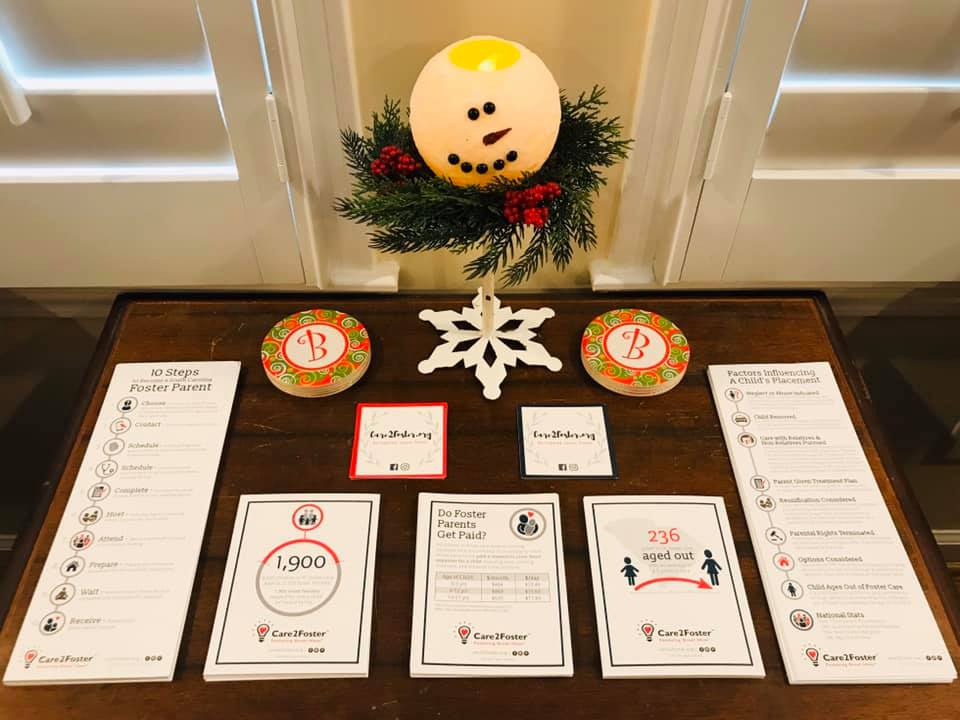
We hope to become parents through one or all of the avenues that we’re pursuing, but no matter what happens, we’ve realized that our family will continue to grow. There are a lot of uncertainties for anyone starting a family, but love doesn’t have to be one of them. Love defines family, whether it’s built through birth, foster care, adoption, friendship, mentorship, or any other avenue, and we never have to limit how much we love another person. While we love different people in different ways, how much we love them is as limitless as the love inside of us.
This post is written by Sarah who is currently in the process of becoming a licensed foster parent in South Carolina.
Care2Foster believes that anyone with love to share would make a great foster parent regardless of faith background or religious convictions. We hope to promote varied and diverse perspectives.

